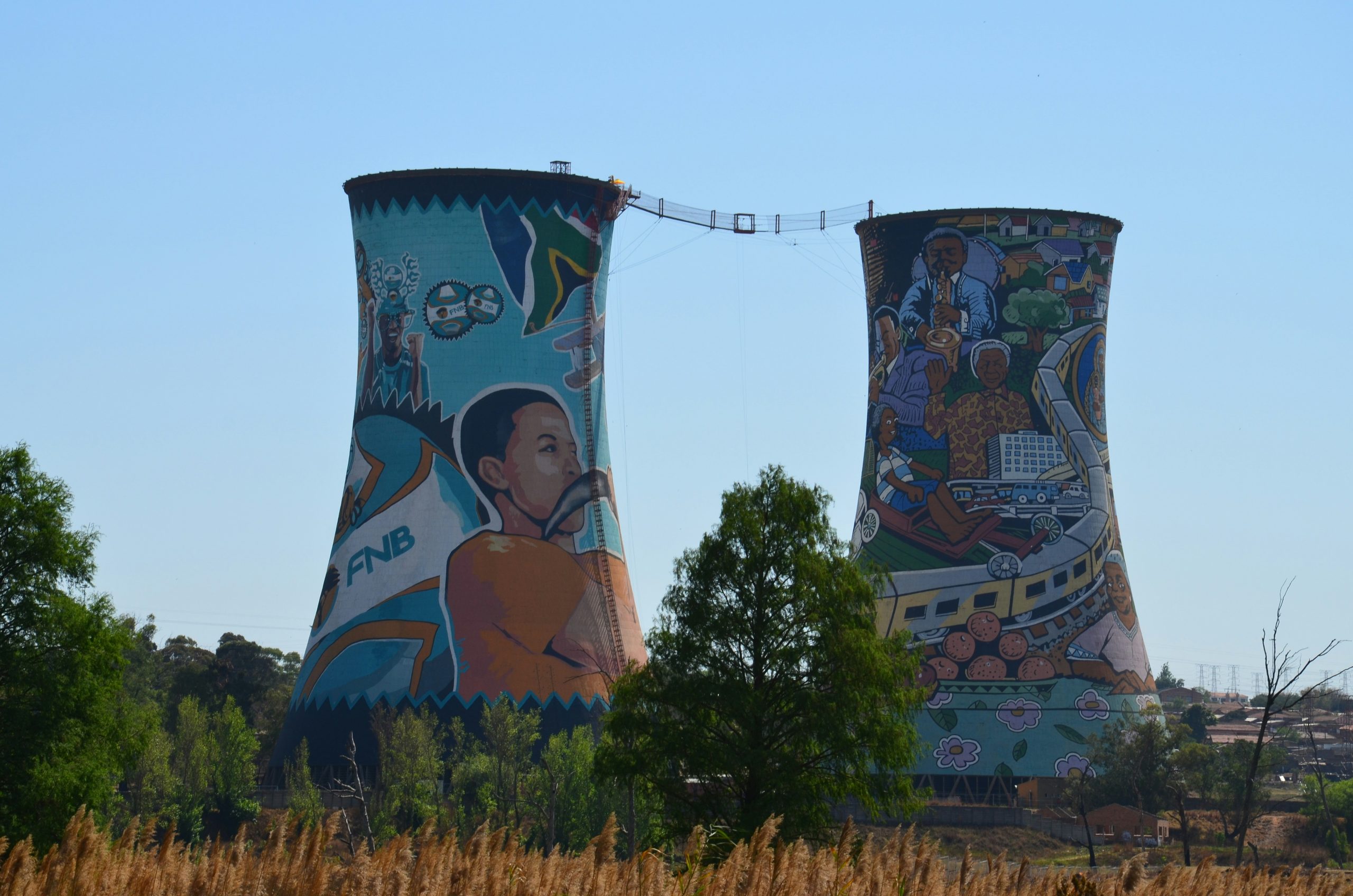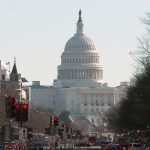A brief guide to South Africa’s 2024 election

There is no doubt that for Europe, this summer is already turning out to be an exciting one. The European Parliamentary elections have just been held- seeing a resurgence of the continent’s far-right movements, and now the European Football Championship is in full swing. Yet Checks turns its gaze to our southern continental neighbour- Africa. In late May, the Republic of South Africa held its 7th democratic national election following the fall of the apartheid system in 1994. In a landmark event, it was the first election where the country’s former liberation movement-turned-party, the African National Congress (ANC), did not gain the majority, paving the way for major political change in the regional hegemon. Let’s now dive into the various South African parties, before exploring what this means for the nation’s future.
The ANC has been the ruling party since 1994, where it championed Nelson Mandela as the country’s first democratically elected president. Since then, however, it has suffered under an unprecedented level of corruption, yet largely survives on its legacy status as the liberation movement that ended apartheid. However, support for this party has generally been falling, gaining only 40% of the vote in the most recent election. It is notably very divided, as some members remain convinced socialists, while others wish to cooperate with the more center-right Democratic Alliance.
The ANC’s main challenger has been the Democratic Alliance (DA), a liberal centrist party originating from apartheid-era politics that unified a number of older parties, notably taking many votes from the New National Party (NNP). This remains controversial, as the National Party (NNP’s predecessor) was responsible for implementing the white-supremacist apartheid rule. As a result, while today advocating stringently for non-racialism, the DA struggles with its perception as it is seen by many as a “white party” from the apartheid era. Despite this, the DA has governed the Western Cape, one of the country’s nine provinces, since 2009. With it, there has been a comparatively low corruption rate, and a higher economic growth rate, perpetuating among many South Africans, mainly white, coloured and Indian, the belief that this party is better suited at governance than the ANC. For the most recent two elections (2014 and 2019) the party has rested at a performance of around 20%, walking away with 21.8% of the vote in 2024, effectively making this the ANCs largest opposition.
A newcomer to the political scene is Jacob Zuma’s newly-formed party uMkhonto weSizwe (MK). After having served as the nation’s president from 2009 to 2018 as member of the ANC, Zuma was convicted for contempt of court, having been embroiled in a number of court cases ranging from corruption charges to sexual assault. It therefore came as a surprise when he announced the formation of this party, and that he would be running for president, despite his ban. It should be noted that two weeks before the election, the Constitutional Court ruled that he was ineligible to serve in parliament due to his conviction. The party finished with 14.6% of the vote, likely coming from the ANC and the EFF, both of which suffered losses in this election. MK party is typically regarded as a splinter group of the ANC, garnering support from many of the latter’s far-left/socialist members. It is largely Zulu-dominated, left-wing-populist, and wishes to rewrite the 1994 constitution. Furthermore, following the 2024 election, Zuma would discredit the results as illegitimate, despite widespread international recognition that they were generally conducted in a fair and democratic manner.
Led by the divisive Julius Malema, the Economic Freedom Fighters (EFF) are a marxist party, arising as a more extreme far-left ANC splinter group. They sparked controversy by publicly singing the infamous “kill the boer” song, boer referring to Afrikaans-speaking white South Africans, and by proclaiming their desire to expropriate white-owned land, similarly to ZANU-PF in Zimbabwe under Robert Mugabe. They walked away from the recent election with a result of 9.5%.
The Inkatha Freedom Party is a conservative national party, seeing low levels of success outside its home province of Kwazulu-Natal. Another apartheid-era party, it is in favor of increased autonomy to traditional leaders, including official recognition of the Zulu monarchy. Its voters are thus largely Zulu in origin, giving the party a vote share of 3.9%. It was, along with the DA, invited by the ANC to participate in the GNU, in an effort to make the coalition appeal to a wider range of South African peoples.
Founded in 2013, the Patriotic Alliance gained its first seats in this election, with a national vote of 2.1%. It is generally considered far-right, as it takes a strong stance against immigration and organized crime, which it calls “gangsterism”. It is largely seen as promoting coloured interests, and is led by the ex-convict Gayton McKenzie. Furthermore, a number of smaller parties participated in the elections as well, as the country has no minimum support bar for participation in a national election, the most notable of which include Freedom Front Plus (1.4%), ActionSA (1.2%) and Rise Mzansi (0.4%).
In the aftermath of the 2024 election, President Cyril Ramaphosa would, after a tense few days, announce the formation of a Government of National Unity, a first for South African politics, following the ANC’s inability to secure a majority. As of currently, it seems that the DA, the IFP, the PA and a number of smaller parties have been invited to participate, together being able to achieve a >60% share of the vote, as well as a wider base of support from the South African population. A rival coalition, the Progressive Caucus, now counts the EFF and MK, effectively becoming the government’s main opposition. As the nation enters a new era in its democratic history, it remains to be seen how exactly the country moves forward, and whether the new government can reverse the trends of worsening corruption and more frequent power cuts.



